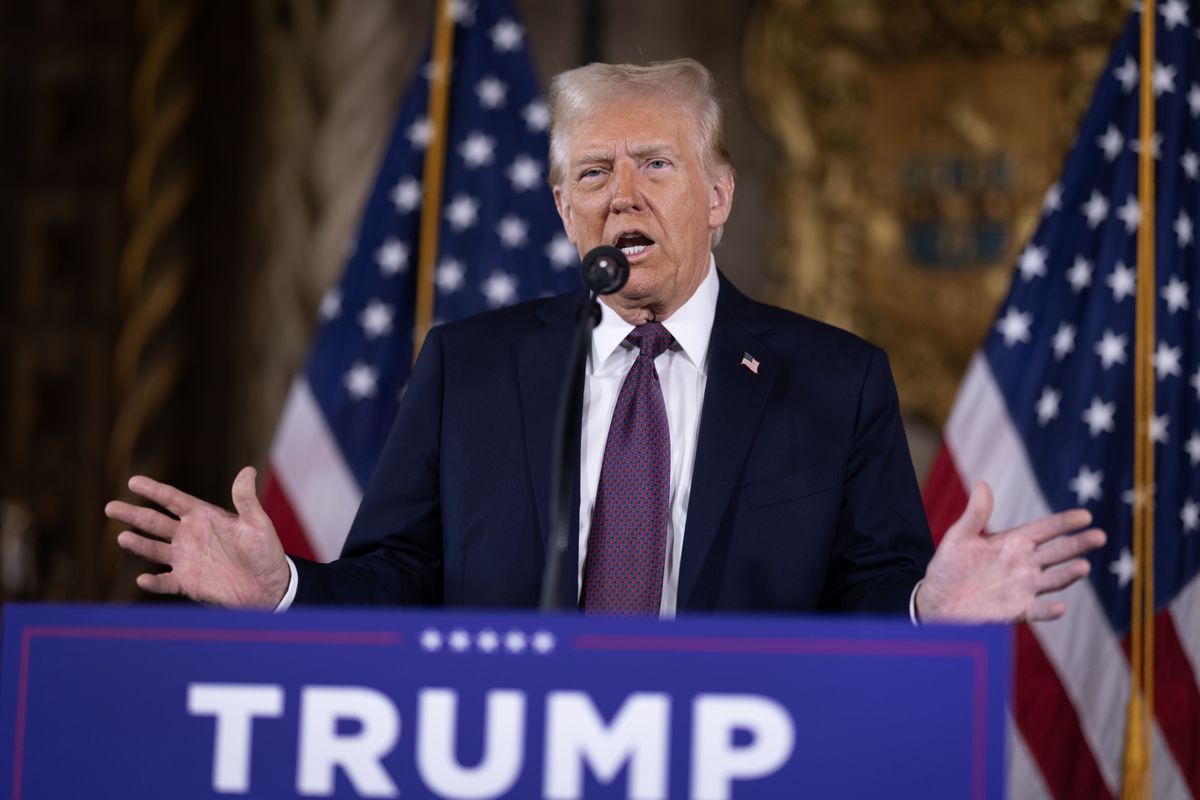
US President Donald Trump's team has repeatedly stated its desire to end Russia's war against Ukraine as soon as possible. However, with each new stage of negotiations, the deadlines are shifting. They have moved from ambitious statements about “peace in 24 hours” to more realistic ones – we are already talking about weeks and months.
This was reported by URA-Inform, citing RBC-Ukraine .
One of Trump's representatives who was actively involved in the negotiation process was Keith Kellogg. At first, he announced plans to find a solution in 100 days, but later set a deadline of 180 days.
“If Trump asks to do something today, then tomorrow he already demands a result. That's why I set six months and start counting,” he explained his position.
Kellogg was later replaced in this role by other participants – Marco Rubio, Mike Waltz and Stephen Witkoff. They are the ones who are conducting the dialogue with the European and Ukrainian representatives. Now there are three possible dates for the ceasefire – until April 20, until April 29 or until May 9. Each of these dates has symbolic significance for both the US and Russia.
Since mid-March, the US has been actively promoting the idea of a ceasefire. Ukraine, in particular, supported the proposal for a 30-day pause in hostilities. However, Russia made only partial concessions regarding energy and the Black Sea. On March 27, the energy ceasefire was violated, which cast doubt on further steps.
According to the Deputy Head of the Office of the President of Ukraine Ihor Zhovkva, during the negotiations in Riyadh the Russians refused to discuss the topic of strikes on civilian infrastructure, citing the lack of a corresponding mandate.
In turn, US Secretary of State Marco Rubio emphasized that the conclusion of the agreement does not depend only on the US.
“I can't say whether this will happen in a week or a month. Everything depends on all parties, including Russia and Europe,” he noted.
At the same time, experts point out that the Kremlin is deliberately dragging out the process. The Russian economy is currently withstanding the pressure of sanctions, which means Putin has no urgent need to reach an agreement. Political scientist Oleg Lesnoy believes that the only way to bring the end of the war closer is to increase pressure.
“Until the culprit wants peace, he will have to be forced to do so,” he said.
Thus, despite the public deadlines and the activity of the Trump team, real conditions for a quick end to the war have not yet been created. On the contrary, an attempt to speed up the process could work against Ukraine's interests and weaken the US negotiating positions.
In the past we reported that Putin makes new demands in peace talks : ISW explains Russia's tactics.

